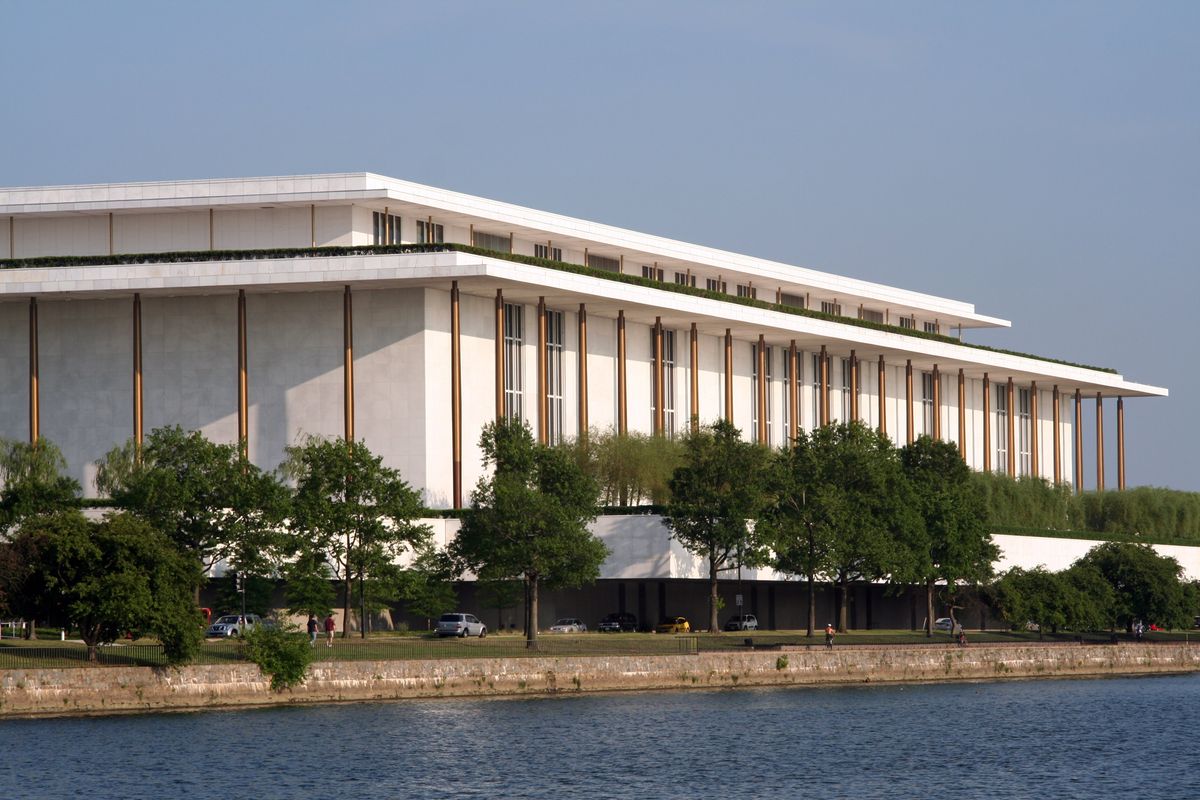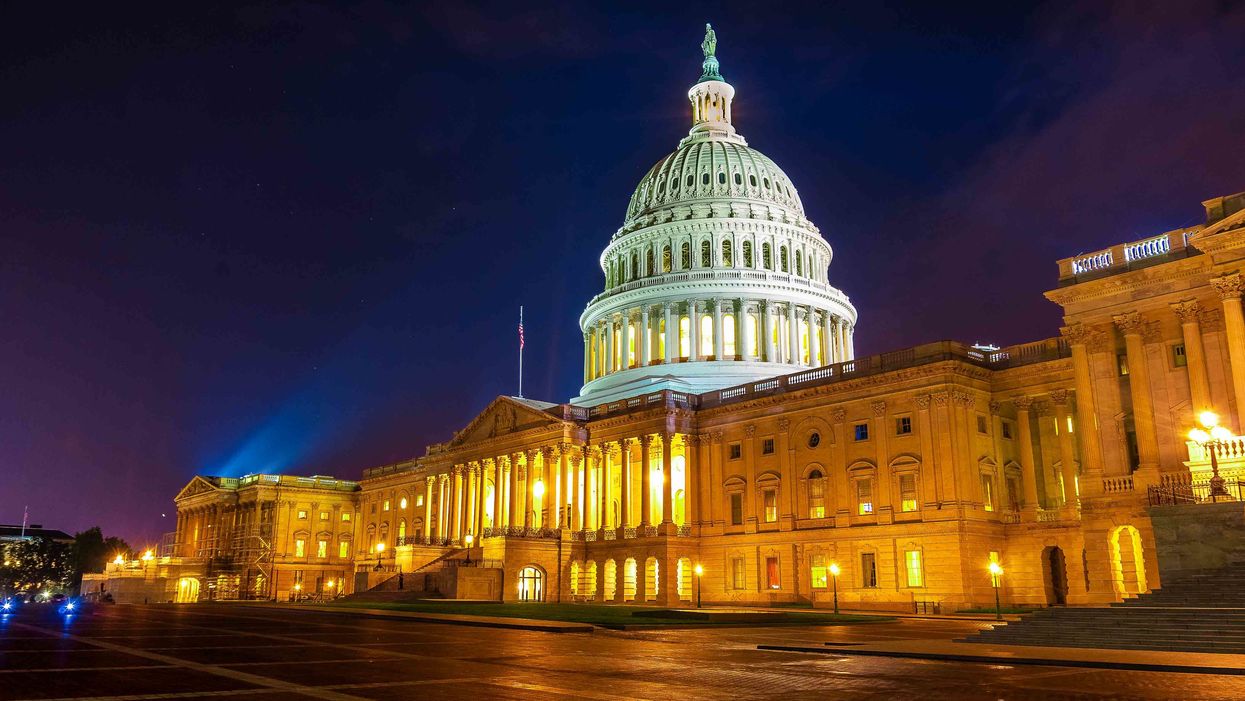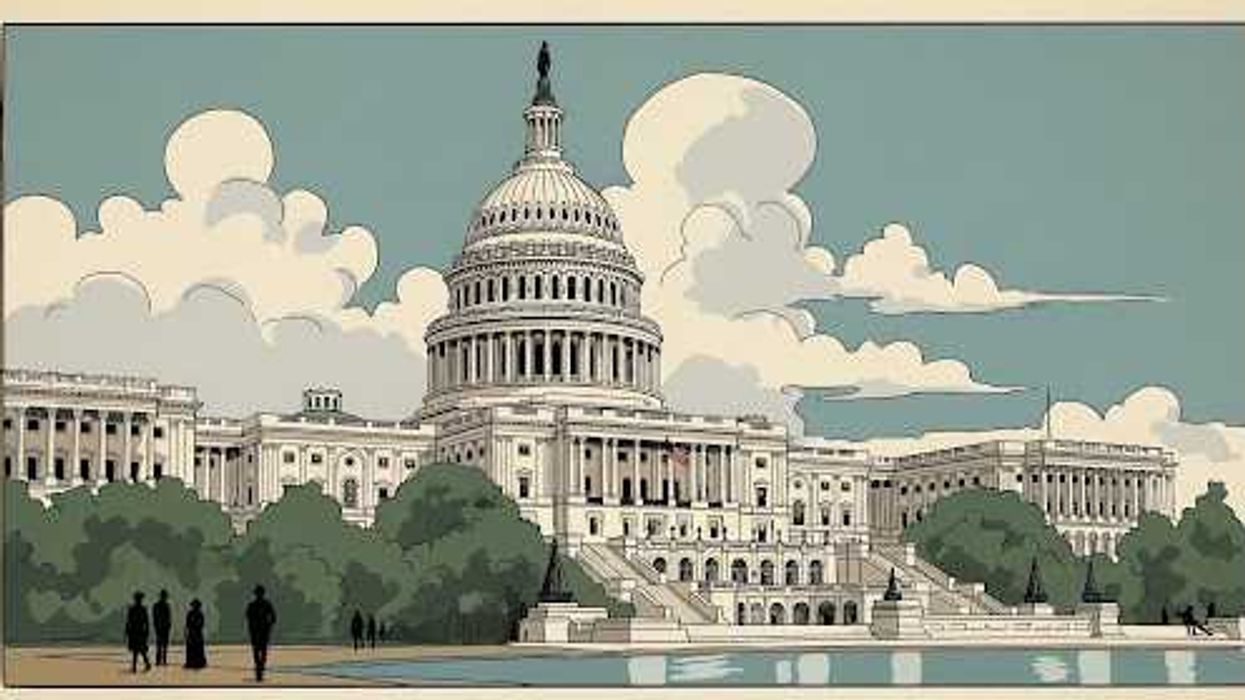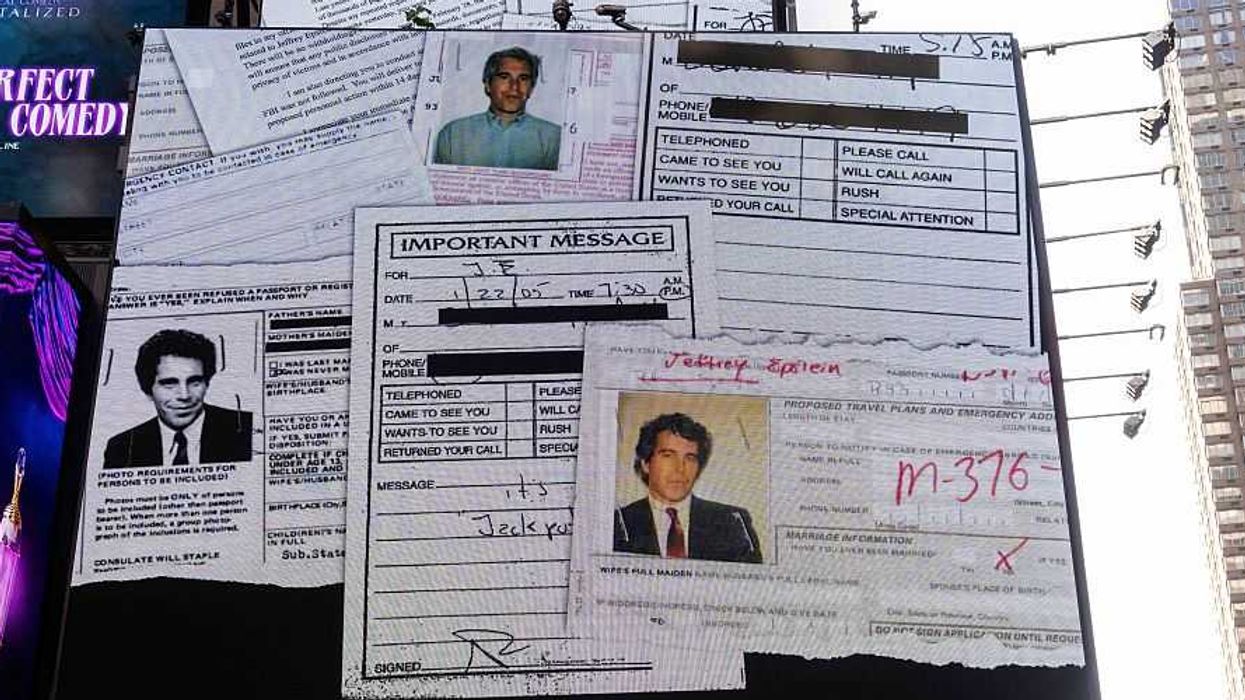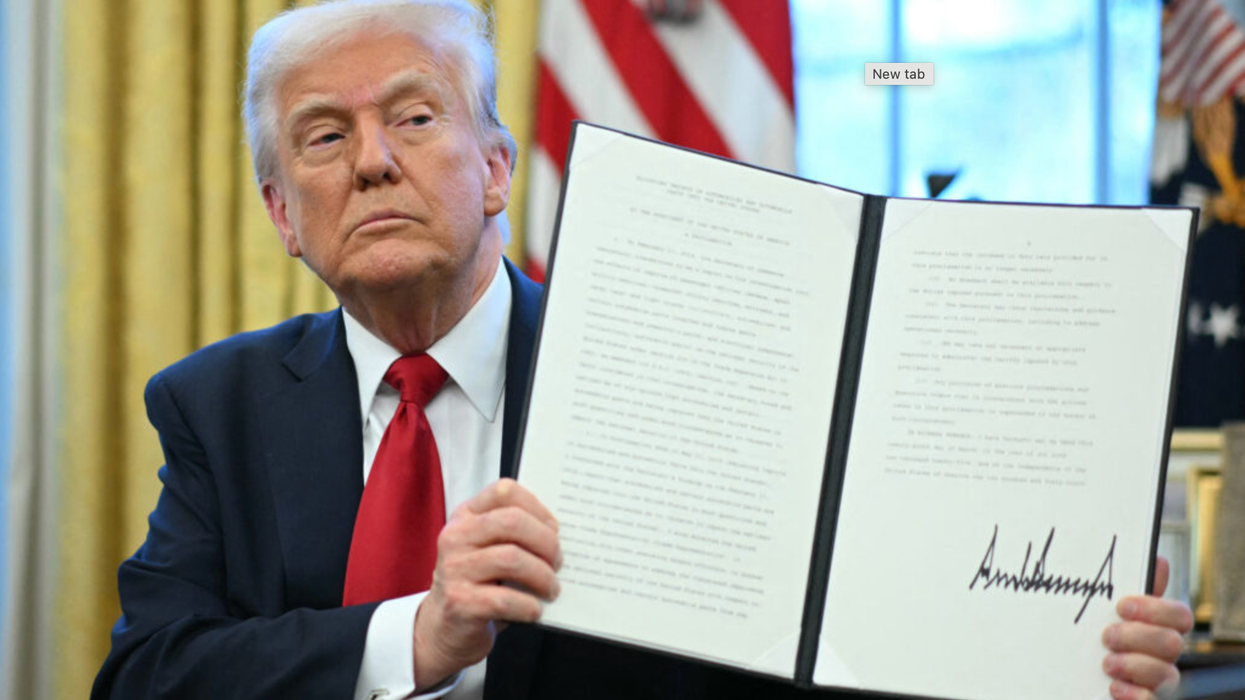Monetta is the national director of Wolf-PAC, a group fighting for a 28th Amendment to the Constitution.
Congress has sold us out, and most Americans understand this. We can see that our elected officials in Washington, D.C., have turned their backs on us.
It's no surprise — especially when massive amounts of money, often with little to no transparency, are allowed to pour into our elections, altering who our politicians are responsive to. Instead of passing legislation that benefits the average citizen, Senators and House members now represent the special interests and the tiny percentage of us who can afford to buy influence in our government.
Our broken campaign finance system is a crisis because it's the pipeline for corruption into our government. And it's the reason we don't make progress on any of the most critical issues of our time. It's the driving force behind the opioid crisis, climate change inaction, a ballooning national debt, Americans going broke from getting sick — and the list goes on and on. If we don't take responsibility for fixing it now, the 243-year-old American democratic experiment could fail.
In response, we the people are fighting back with every available tool. Corruption isn't an issue to take lightly, and there are various organizations deploying many different strategies to tackle it. This is a good thing. All of these strategies are necessary, and, collectively, one day they will break the stranglehold that special interests have on our government and restore the promise of America — a country of, by and for the people.
I was drawn to one plan to solve the corruption crisis because it is so strong and logical. My organization, Wolf-PAC, is fighting for a 28th Amendment to the Constitution that would fix our broken campaign finance system. Only an amendment goes above Congress and the Supreme Court, and only an amendment can protect state and federal legislation. It is a strong and lasting solution.
There are two ways to propose amendments to the Constitution as described in Article V. Two-thirds of Congress may propose amendments, or two-thirds of the states may apply for a convention to propose amendments.
Any proposal, from Congress or a convention, needs to be ratified by three-quarters of the states. The ratification process ensures that only an amendment with overwhelming support and widespread appeal across the political spectrum will become part of the Constitution.
The majority of all constitutional amendments have included a convention campaign from the states. Historically, when the people have worked with their state legislators to demand action from an unresponsive Congress, it has forced Congress to act.
Our plan utilizes this proven strategy by encouraging state governments to call for a convention on the topic of campaign finance reform. So far, five states — Vermont, California, Illinois, New Jersey, and Rhode Island — have taken this bold and necessary action. Many more — red, blue and purple — must now follow their lead and demand an amendment that will end the corruption and restore our democracy to the people once and for all.
The future of our country and our world is at stake. Whether an amendment to solve the corruption crisis is proposed by Congress or a convention, we must do everything in our power to make sure it happens and correct the course of our nation, before it's too late.
Join us and be part of this historic movement.



